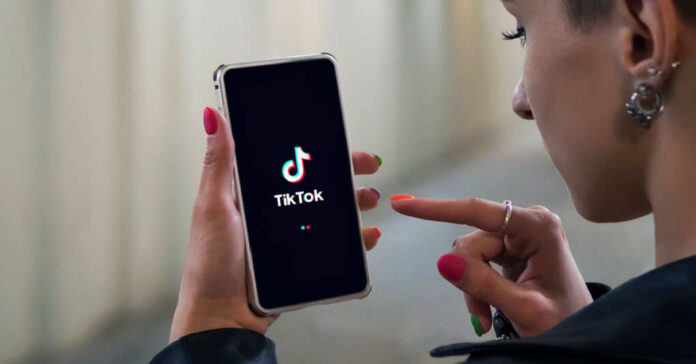
Despite being around since 2016 and available under the TikTok name internationally since 2017, the Chinese social media platform has only really been a big thing here in the US since the COVID pandemic of 2020. While videos from the platform started becoming more common around 2019, the pandemic and people’s need to communicate changed everything for Americans.
What didn’t change, though, was the app’s ability to collect and store keystroke information.
Commonly called a “keylogger” this piece of code allows a device to record everything you do. On a computer, it records your mouse clicks, the passwords you type, and the web pages you look at among other things. On a mobile device that means every app you open, every password you enter, and every video you “like” can be recorded and used against you in one way or another.
While the app’s leadership as well as the Chinese government have done their absolute best to keep this information a secret, being called to appear before the House Committee on Energy and Commerce on March 23rd changed all of that. Rep. Mariannette Miller-Meeks (R-IA) directly asked TikTok CEO Shou Zi Chew about what the app does and its capabilities.
“Does TikTok track users’ individual keystrokes?” she asked the CEO. Chew responded by saying “Only for security purposes, for example, like detecting bots.” When she asked him to clarify what he meant by “the only purpose that you would monitor keystrokes is for security purposes,” he defiantly replied, “I can get back to you on the specifics.” He pushed that deflection even further by suddenly alleging other companies behave in the same manner.
This testimony only underscores previous messages about the need for the American people to be careful with this app. While security to protect personal information should always be taken with social media, it becomes even more crucial with an app like TikTok. Given the Chinese government’s open acknowledgment of ownership and access to the data the app generates, it isn’t hard for them to misuse this information. While the liberals call concern about this being paranoid, it’s simply intel gathering 101.
Former President Trump official Keith Krach appeared on “GMA3: What You Need To Know” recently. On the program, he discussed the dangers of TikTok and its keyloggers in depth.
“That means they have access to your passwords, all your data, they have access to your health records, your bank records, they have access to your geopolitical information or your geospatial information. That means that they can track where you are, where you’ve been, and where you’re going. Look at it as a digital virus. And the only cure for this; the only vaccine for this is a total ban.”
While Chew has a point about other apps using similar information, being headquartered in the US means that they fall under US laws. They can be tried and convicted in US courts. The Chinese government will not send Chew or anyone else to the US for trial should they misuse TikTok’s data. Nor will they just stop their intel gathering at this point.
For what it’s worth, Chew seems to be rather indifferent to what the Chinese government may be doing with this information. By not showing any real care about this misuse or abuse of intel he is trying to send a message to the world that he truly believes that China has done nothing wrong by using this kind of data gathering. At one point in the hearing, he said “I don’t think that ‘spying’ is the right way to describe,” the clear violation of privacy by China’s spying on the American people.
As the US mulls the idea of banning TikTok, many Americans under 35, liberals, and immigrants are more than happy to continue using their app without a care in the world. For them, the days of the Cold War are something they only read about in a textbook, and the risk of spies and people going through your trash is only a reality in spy movies and warzones. How little do they know about the intel they are just giving away to China?














